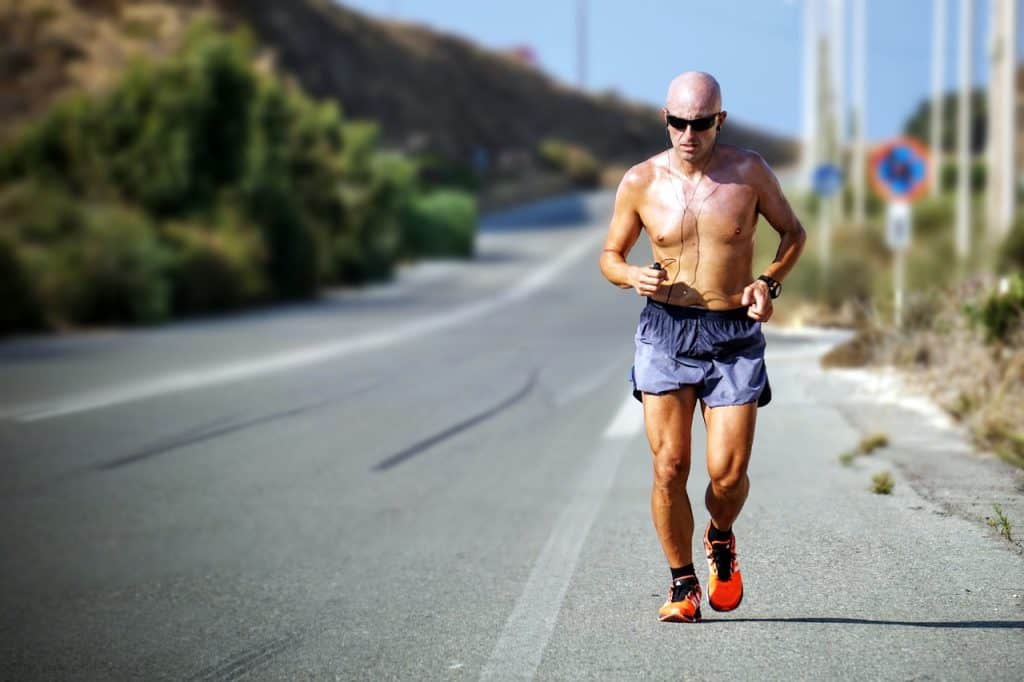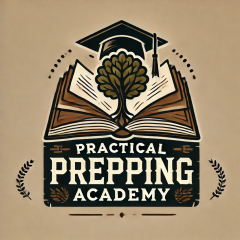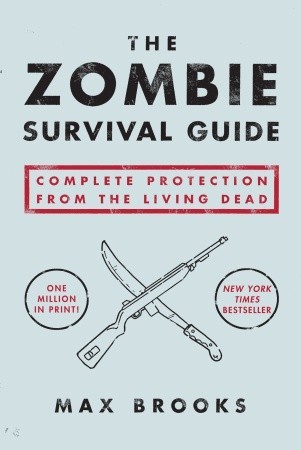
When it comes to prepping, most of us focus on our supplies like food, water, and gear. But there’s one critical resource that often gets overlooked: your health and fitness. In an emergency, being physically fit could mean the difference between life and death. Whether you’re facing a natural disaster, economic collapse, or any other crisis, a healthy body helps you think clearly, stay calm, and act quickly when it matters most.
In this post, we’ll explore why health and fitness are essential for emergency preparedness and how you can take proactive steps to ensure you’re ready for anything.
Why Health and Fitness Matter in Emergencies
🏃♂️ Endurance and Stamina
In a crisis, you may need to move quickly and for extended periods—whether it’s evacuating your home, trekking to safety, or carrying heavy supplies. Good physical fitness ensures you can keep going when others might falter.
🔗 Related article: Breaking Bad Habits for Better Health and Preparedness
💭 Mental Clarity
Emergencies are stressful and overwhelming. Exercise reduces stress, improves focus, and enhances cognitive function. A healthy body supports a clear mind, which is essential for making smart decisions under pressure.
🩹 Injury Prevention
Chronic health issues or poor fitness can increase your risk of injury during a crisis. Strengthening muscles and improving flexibility reduces strain on your joints and helps you avoid setbacks.
🔗 Related article: CPR and Basic First Aid: What Every Prepper Should Know
💆 Managing Stress and Emotions
Stress can hinder your ability to respond effectively. Regular physical activity releases endorphins, natural mood lifters that help you stay calm and emotionally stable in high-stress situations.
🥗 Surviving on Limited Resources
In a crisis, access to healthcare, food, and comfort may be limited. A healthy body is better equipped to handle stressors like sleep deprivation, poor nutrition, and physical exertion.
How to Build Health and Fitness for Emergencies
Now that we understand why health and fitness are critical, here’s how to improve your physical condition:
🚴🏼 Cardiovascular Exercise
Activities like running, walking, cycling, or swimming build endurance and stamina. Aim for at least 30 minutes of moderate-intensity exercise several times a week.
🏋️♂️ Strength Training
Strong muscles are essential for lifting heavy objects and carrying supplies. You don’t need a gym—bodyweight exercises like squats, push-ups, lunges, and planks are highly effective. Aim for full-body strength training twice a week.
🧘♂️ Flexibility and Mobility
Flexibility exercises like yoga or stretching improve joint health and prevent injury. Incorporate mobility exercises to enhance your range of motion and make movement easier in tough situations.
🥦 Healthy Eating
A balanced diet rich in fruits, vegetables, whole grains, and lean proteins helps maintain a healthy weight, boosts energy, and prevents chronic conditions like hypertension or diabetes.
🧠 Mental Fitness
Physical fitness includes mental resilience. Practice meditation, mindfulness, or deep breathing to stay calm and focused during stressful situations.
🔗 Related article: How to Manage Stress During an Emergency
🩺 Regular Check-ups
Preventative care is crucial. Regular medical check-ups help identify potential health issues before they become problems in an emergency.
Start Today: A Simple Fitness Plan for Preppers
It’s never too late to build your health and fitness. Here’s a simple plan to get started (always consult with a doctor first!):
- Monday, Wednesday, Friday: 30 minutes of cardiovascular exercise (walking, jogging, cycling, etc.).
- Tuesday, Thursday: 20-30 minutes of strength training (squats, push-ups, lunges, planks, etc.).
- Daily: 5-10 minutes of stretching or yoga to improve flexibility and mobility.
- Throughout the week: Aim for 7-8 hours of sleep per night and incorporate stress-reduction techniques like deep breathing or meditation.
▶️ Watch this playlist for official U.S. Army PT (physical training) exercises:
Final Thoughts
In an emergency, your physical fitness is as crucial as your gear and supplies. By building endurance, strength, and resilience, you’ll be better equipped to handle the challenges of survival situations. Plus, a healthy body supports a clear mind and emotional stability—key components of effective decision-making under pressure.
Remember, prepping isn’t just about stockpiling supplies—it’s also about taking care of yourself so you can face whatever challenges arise. Start today, and you’ll be better prepared for whatever tomorrow brings.
Join the Conversation
💬 How do you stay fit and healthy as part of your prepping routine? Do you have a favorite workout, diet tip, or stress-reduction technique? Share your thoughts and experiences in the comments below! 👇



